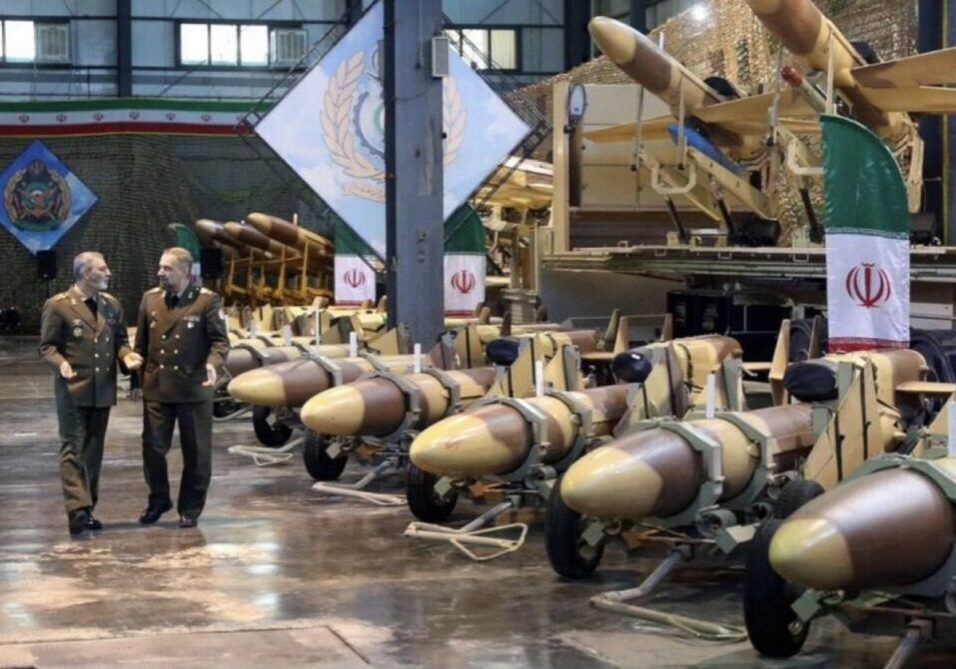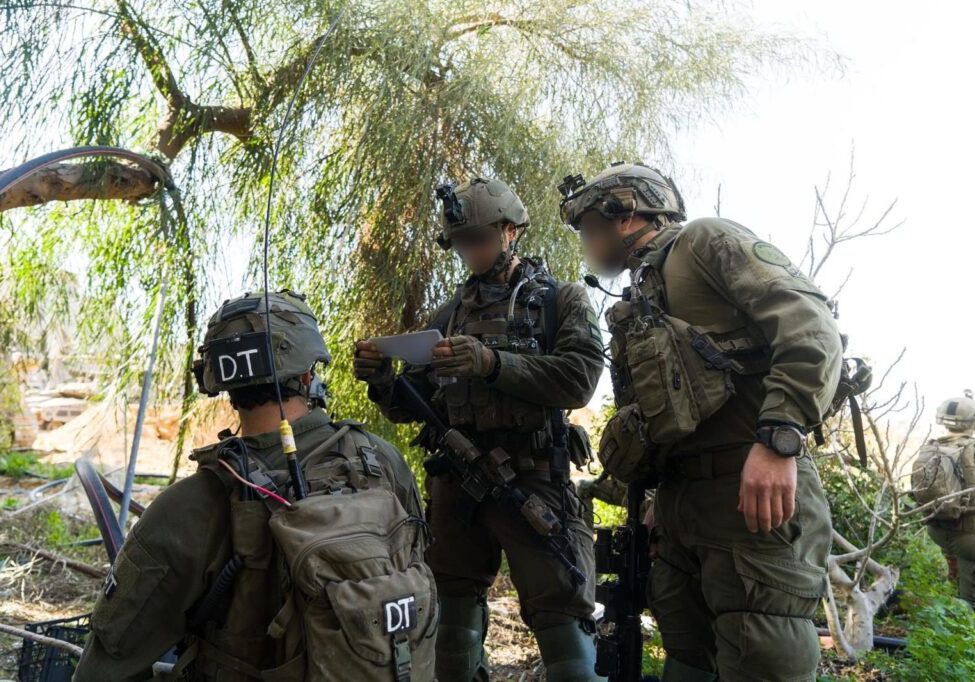Australia/Israel Review
Hamas’ Gaza Killing Spree
Aug 27, 2010 | Alex Fishman
By Alex Fishman
News stories about bodies found at sea are occasionally published by Gaza newspapers. The number of such bodies isn’t huge, yet not all those drowning victims chose to go swimming voluntarily. The Gazans who found their death at sea include mid-level officials at sensitive government ministries, the Interior Ministry for example, alongside police and security officers.
Some of them were shot in the head before being sent on their swim.
There is a common denominator to these deaths: All of the victims were designated as traitors by the secret service of Hamas’ military wing in charge of counter-espionage and executed as collaborators.
And these are not just simple collaborators, but rather, people who penetrated deep into Hamas’ government; so deep that Hamas leaders are embarrassed to expose the failure and prefer to make these people disappear, with or without a brief court-martial.
‘Kids, turn in your parents’
Gaza’s streets are teeming with rumours. Stories of people who disappeared at sea or elsewhere stay on the agenda. The whole of Gaza, as if stricken with madness, takes part in the hunt. Posters urging a war on collaborators hang in the streets; the issue is discussed on the radio and during sermons at mosques. In the upcoming school year, the topic will be added to the curriculum, with Gaza children learning about the dangers inherent in collaborators. Teachers will be asked to explain what good, suspicious children do: Turn in their parents.
This huge manhunt is not a sign of strength, says a senior Israeli security official – the opposite is true. These are clear signs of distress for Hamas’ regime.
The more time passes from the Turkish flotilla and easing of the blockade, the more blurred Hamas’ achievements become. Despite some success stories, the list of failures is much longer: The group failed to breach the naval blockade, failed to breach the obstacle of global recognition (Hamas flirts with the Norwegians and Swiss, who make great promises without the ability to deliver) and failed to obtain Arab recognition. In fact, the Arab League recently permitted Mahmoud Abbas to embark on peace talks with Israel.
Indeed, Gaza residents get 30-40% more goods than they did before the flotilla and the standard of living is rising. However, they continue to live in a cage. They may have a little more food and enjoy a little more luxury, but it’s still a cage. Meanwhile, the religious pressure keeps building up inside the Strip. Religious laws are becoming stricter and expand: Beardless men feel unease, while women are not allowed to smoke water pipes and must don a burqa, and so on. Gaza’s streets are becoming Iran-like, to the chagrin of many Strip residents.
Old Palestinian complex
In late May, three people were publically executed after spending long months in jail and being accused of collaboration with Israel’s Shin Bet security agency. Shortly thereafter, Hamas announced “40 days of mercy” where all collaborators were urged to turn themselves in and win a pardon. Twenty people complied with the request. During these 40 days, Hamas sent thousands of text messages, urging their recipients to come clean and promising that they will be granted amnesty.
The 40 days ended on July 10. Hamas granted the undecided another 24 hours, and immediately after that – and up until now – embarked on a major campaign of arrests and manhunts for the people blacklisted by its counter-espionage unit. This unit, which reports directly and exclusively to Hamas military commanders Ahmad Jabari and Muhammad Deif, comprises professionals who were trained in Syria and Iran, among other places. The Gaza “students” undergo orderly courses on espionage and counter-espionage, learning among other things about coded communication systems. For example, they are being taught about the alleged breach of Lebanese phone networks by Israel.
The manhunt for collaborators follows the lessons drawn in the wake of Operation Cast Lead. Hamas was surprised to discover how deeply it was exposed to Israel’s intelligence services and decided to address the problem. Israel would do well to understand that despite what we want to think, both Hamas and Hezbollah excel at drawing lessons. For example, any cell that is nabbed and jailed by Israel undergoes a debriefing with the help of more veteran prisoners: How were we nabbed? Who screwed us over? Conclusions are disseminated once they are reached.
Collaboration with Israel or other foreign elements is an old Palestinian complex. The number of Palestinian collaborators throughout history is immense. The sociologists within the intelligence community attribute this phenomenon to the culture of survival. The next phase in the manhunt for collaborators will be public trials, to open simultaneously to more waves of arrests
It is impossible to estimate the extent of the damage to be suffered by Israel – if any– as result of the campaign, yet it appears that Israel contributed quite a bit to the launch of the manhunt. Following Operation Cast Lead, security officials here boasted that each IDF division commander was escorted by a Shin Bet man who provided real-time intelligence information elicited from Palestinian sources. These stories about real-time alerts regarding snipers, roadside bombs, or ambushes infuriated Hamas.
In retrospect, Israeli boastfulness came at the expense of live agents in the field. Meanwhile, these days too, when the air force strikes a building and kills a terror suspect, we can assume that someone pinpointed the location and the suspect. Sometimes, technology just isn’t enough.
Hamas power struggle
Meanwhile, Hamas’ frustration already comes with a price: The recent rockets fired at Ashkelon and Sderot were shot by Hamas’ military wing, without notifying the group’s political leadership. There is no doubt that this fire aimed to destroy the calm and reignite the conflict against Israel.
Hamas’ military wing, headed by Ahmad Jabari, is embroiled in a dispute over the proper struggle strategy with the political leadership, headed by Prime Minister Ismail Haniyeh. The political, pragmatic leadership prefers a PR struggle in the international arena. The Turkish flotilla boosted this camp considerably, but two months have passed since then and the military arm is pressing for an end to the impasse, arguing that time is in Israel’s favour.
The air force’s response to the latest rocket attacks was harsh enough to make it clear to Hamas’ political branch that Israel has no interest in the stories about Haniyeh’s inability to contain the military wing. The Hamas leader realises that the response to the next rocket attack would exact an even higher price. For now it appears that the message was received and calm will continue to prevail. If it doesn’t, the IDF is preparing even more painful blows.
However, Hamas suffered a greater embarrassment following the delusional rocket attack on Eilat on Aug. 2, which ended up killing and wounding people in Jordanian Aqaba of all places. Last time Jabari and his men carried out such an attack, in April, nobody claimed responsibility. It took Egypt a few days to admit the attacks originated in its territory, and now it faces a problem: How to explain to Hamas that one does not play games with Egypt or push it into a corner?
Mubarak will not forgive the embarrassment he suffered, and Jabari’s gamble may cost Hamas dearly.
© Ynet.com. reprinted by permission, all rights reserved.
Tags: Palestinians






